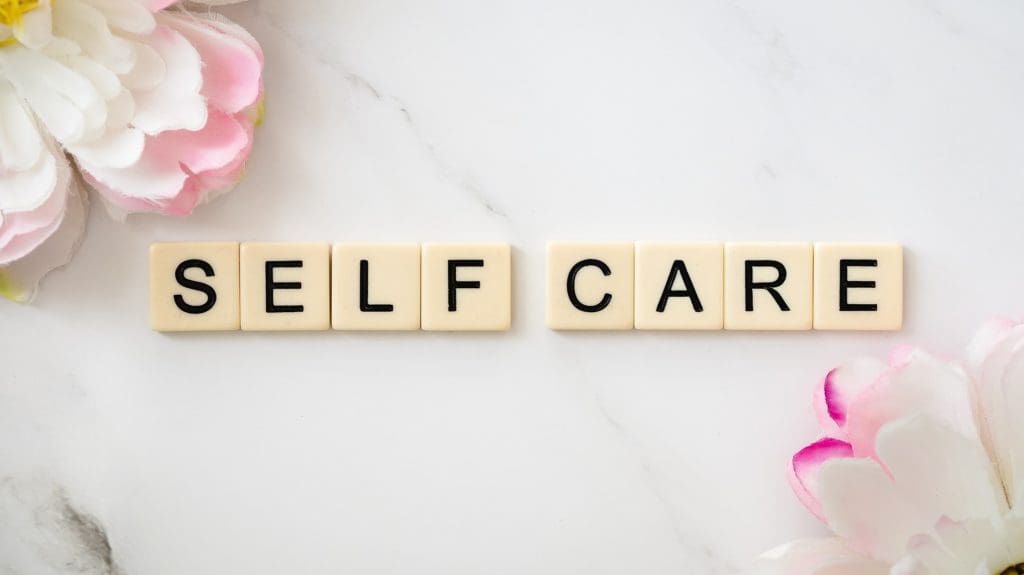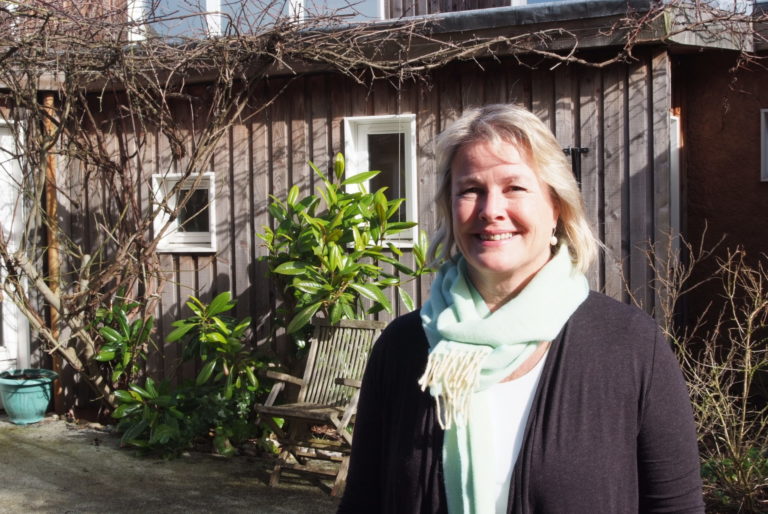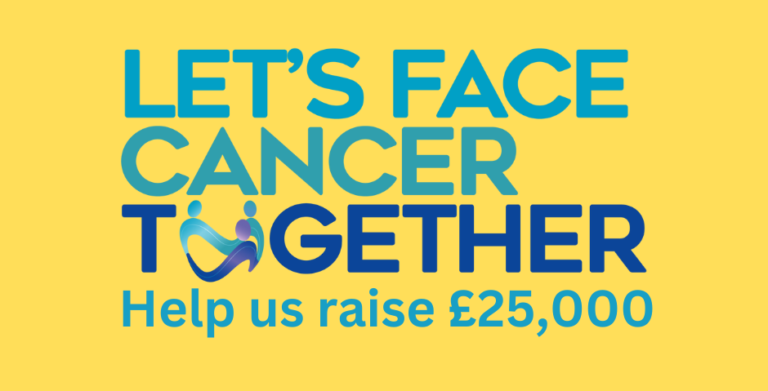Self-care over self-criticism

FORCE Oncology Support Specialist Paul Grace offers guidance on taking a kinder, more compassionate stance to ourselves, which can help us cope better with pain.
It is common for people who are regularly dealing with discomfort and/or pain to experience painful thoughts and feelings alongside physical pain.
Such thoughts often include self-criticism (for example a ‘self-critical inner voice’ that can just run on).
Such a self-critical tendency can then lead to vicious circles of self-blame, which can exacerbate low mood and anxiety, and which can then in turn make physical pain/discomfort harder to bear.
To understand more about counteracting this tendency with self-care it can be helpful to first understand more about self-criticism, as we can be our own best friend, but we can often find ourselves being our own worst critic:
Self-criticism can look like this:
- It can ingrain unhappiness and anxiety.
- It can take many guises. We can be critical about our own appearance, or about aspects of our personality (for example mulling over questions about our ‘likability’). We can be hard on ourselves about our abilities (I’m no good at this or that), or our intelligence, or mistakes we may have made (past or current) or even anticipated future mistakes (I’ll get it wrong).
- It often involves comparison with others in a way that leaves us feeling worse off.
It is likely that most if not all of us have experience of a self-critical, inner voice but, significantly, this voice can be louder when we experience pain or discomfort.
Kind responses to self-criticism
It can be helpful to practice noticing our ‘inner-critical voice’ and then further, it can be helpful to practice kindness and understanding in response by:
- Without getting sucked into debate, each time we notice the ‘Inner Critic’, we can take a pause.
- We can take time to notice how we feel, whether we are tense, and if we are tense can we locate such tension in the body. Over time we may be able to recognize the ‘inner-critical voice’ and how it might relate to our emotional state, to how we are feeling. We can try to acknowledge what is happening without needing to either banish such feelings or dwell on them too much. We might find over time, with paying attention, that self-criticism is linked to uncomfortable feelings, for example whether it is linked to tiredness, to being upset or angry etc. We could practice saying to ourselves ‘This is how I feel right now’ rather than dwelling on critical thoughts of ourselves or of others.
- Breathing out, let go. Instead of wrestling with self-judgment, we can try to focus on the sensation of breathing to the best of our ability, without striving or forcing anything.
- We can try, over and again, to wish ourselves well, like we would a close friend in distress.
What is self-care?
Self-care is what we do to look after ourselves, physically, emotionally and mentally. It includes the essential acts of care that we all need, for example eating well and getting enough sleep. It also includes things we do that can help ‘charge our battery’ when life and pain leave us feeling depleted.
- Self-care is what nourishes us personally – the things we do that comfort us and calm us. These will vary from person to person.
- Self-care is not easy, particularly if we are feeling low in mood. If it is difficult to be kind to ourselves, we can try in the simplest way possible, by doing something that is within reach, for example by taking a nice, long, warm shower.
- It can help to cultivate an attitude whereby we accept that self-care is not selfish, it is essential.
- Cultivating kindness towards ourselves can actually be good for our health by triggering endorphins and so boosting our mood.
- Cultivating self-care reminds us that we are of value.
- We are not always in control, but one thing we can do for ourselves is prioritize our own self-care.
What has self-care got to do with pain?
When we are struggling with pain, other parts of life can feel almost unbearable.
A self-care approach may not be able to take away pain or discomfort, but it can help reduce suffering in other areas of our lives.
Noticing our self-criticism and increasing our self-care can have a significant impact on our ability to manage our pain.
If we are able to learn ways to better look after ourselves, then this frees up energy for us to better cope with pain.
Some of us have never been taught a self-care approach.
Self-care is a regular practice and includes consistent check-ins as to what we might need, at any given time.
If we look after other people a lot, it can be easy to overlook ourselves but let’s remember: ‘We cannot pour from an empty cup’, so self-care can help ‘fill us up.’
Taking a kinder, more compassionate stance to ourselves and working on becoming our own best friend can help, especially when in pain, as we will find it easier to identify even small things that will help lift our mood or our feelings, which can then help us to cope better with pain.










